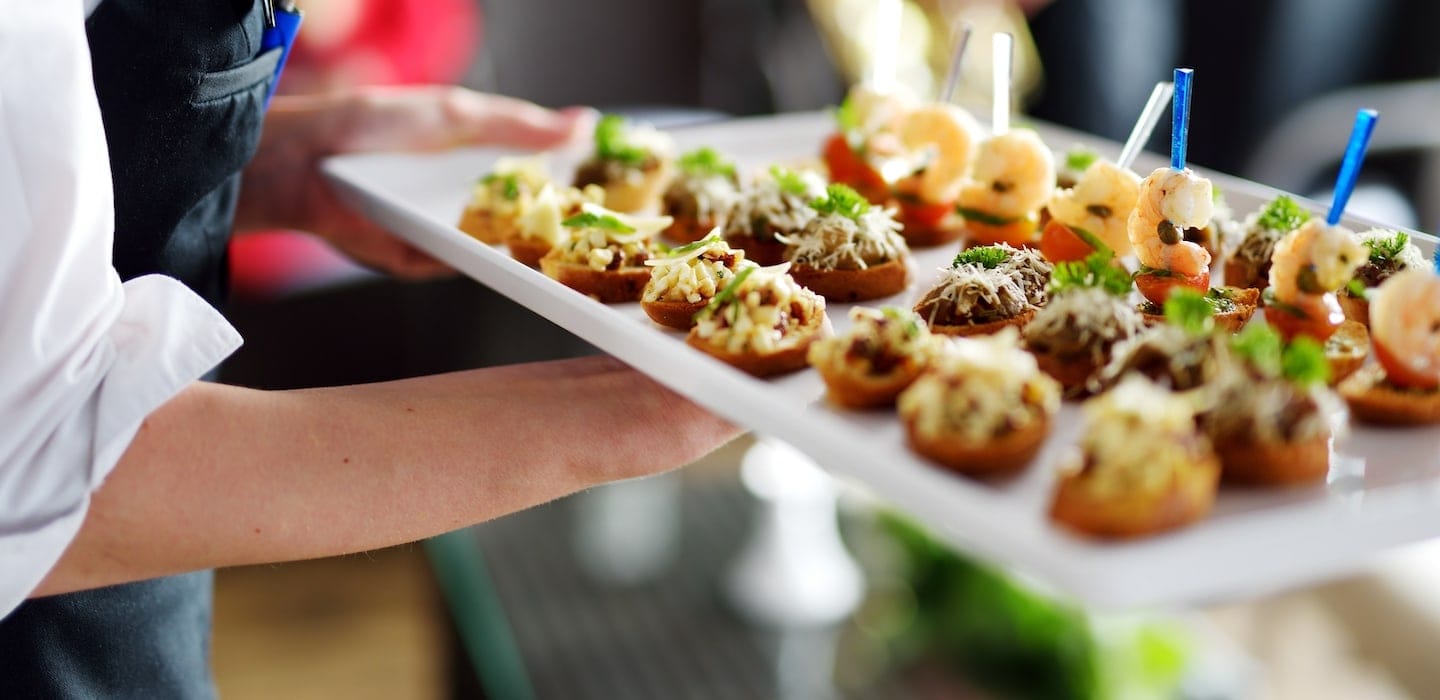Navigating the world of Catering Entitlements: A thorough Guide

In the realm of food services, catering is a versatile and dynamic industry. From weddings to corporate events, catering businesses play a pivotal role in providing food and refreshment services to various occasions. However, operating a catering business involves more than just culinary skills and creativity; it requires concurrence with regulations and obtaining the necessary entitlements. In this article, we delve into the world of catering entitlements, exploring what they are, why they are essential, and how to obtain them. A catering permission is a legal permit 餐廳牌照 authorizes individuals or businesses to prepare, sell, and serve food and refreshments at events, functions, or other designated locations. These entitlements are issued by authorities at the local, state, or federal levels, depending on the legislation and scope of operations. Legal Concurrence: Operating without the necessary entitlements may result in fees, penalties, or even the closure of the business. Concurrence with licensing regulations ensures that the catering business operates within the bounds of the law.
Consumer Safety: Catering entitlements often require adherence to health and safety standards, including proper food handling, storage, and sanitation practices. By buying a permission, caterers demonstrate their commitment to ensuring the safety and well-being of their clients and guests. Professional Credibility: Holding a catering permission enhances the credibility and standing of the business. It reassures clients that the caterer meets regulatory requirements and maintains high standards of quality and professionalism and trust. Catering entitlements can vary depending on factors such as location, business structure, and the types of services offered. Some common types of catering entitlements include: Food Service Establishment Permission: This permission is required for businesses that prepare and serve food to the public. It typically involves an test of the areas to ensure concurrence with health and safety regulations. Alcohol Permission: Caterers serving drinking may need a different alcohol permission, making it possible for them to sell and serve alcohol at events. Certain requirements for buying a alcohol permission vary widely depending on the legislation and may include criminal history checks and training programs.
Temporary Event Permit: For caterers providing services at temporary events such as fests, fairs, or outdoor gatherings, a temporary event permit may be necessary. This permit allows caterers to operate at specific locations for a limited duration. Mobile Food Vendor Permission: Caterers operating food trucks or other mobile food units may need a mobile food vendor permission. This permission typically covers regulations related to food preparation, storage, and hygiene in mobile facilities. Catering Business Permission: In addition to specific permits and entitlements, catering businesses may also desire a general business permission or permit to operate legally on their legislation. This permission ensures concurrence with local business regulations and tax requirements.
The process of buying a catering permission can vary depending on the location and type of permission required. However, the following steps provide a general breakdown of the process: Research Local Regulations: Start with researching the licensing requirements specific to your location. Contact the relevant government agencies or visit their websites to understand the mandatory permits and entitlements for operating a catering business. Prepare Documentation: Gather all the required documentation, including business registration certificates, food safety training certificates, floor plans of the areas, and any other documents specified by the licensing authority. Submit Application: Complete the application form forms for the desired entitlements and submit them to the appropriate licensing authority along with the required fees. Be sure to provide accurate and complete information to avoid delays in processing. Schedule Examinations: Depending on the type of permission, the licensing authority may conduct examinations of the catering areas to ensure concurrence with health and safety regulations. Come with inspectors and address any issues or insufficiencies identified during the test process.
Await Approval: Once the application is submitted and all requirements are met, await approval from the licensing authority. The processing time can vary, so wait and see during this stage. Reconstruction and Concurrence: Catering entitlements are typically valid for a specified period, after which they need to be reconditioned. Stay informed about reconstruction deadlines and ensure ongoing concurrence with licensing regulations to avoid any interruptions to your business operations. In the fast-paced and competitive world of catering, obtaining the necessary entitlements is essential for legal concurrence, consumer safety, and professional credibility. By understanding the types of catering entitlements, the value of concurrence, and the process of obtaining entitlements, caterers can navigate the regulatory landscape more effectively. By prioritizing adherence to licensing regulations, catering businesses can build trust with clients, enhance their reputation, and prosper in the industry.
Leave a Comment